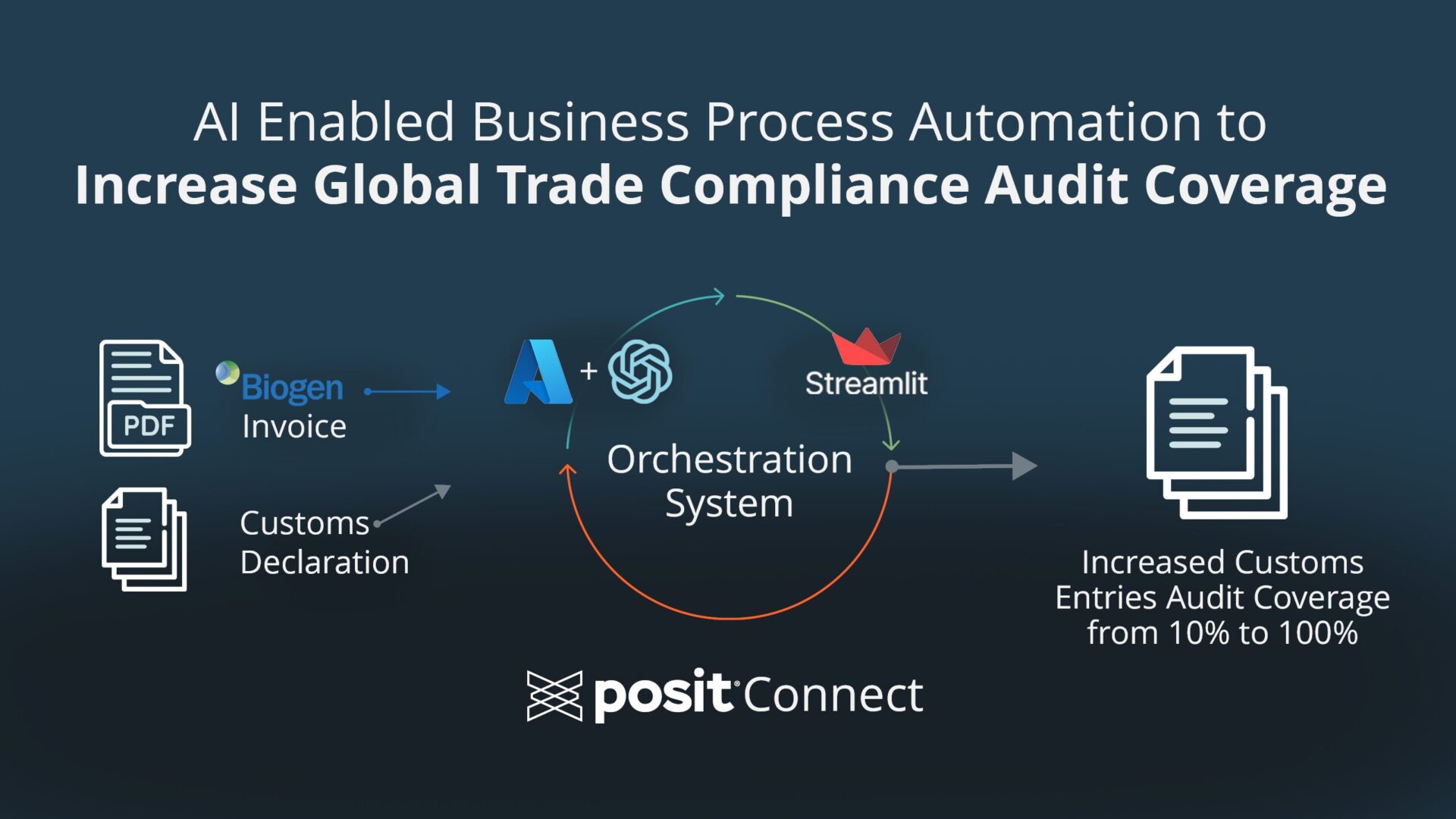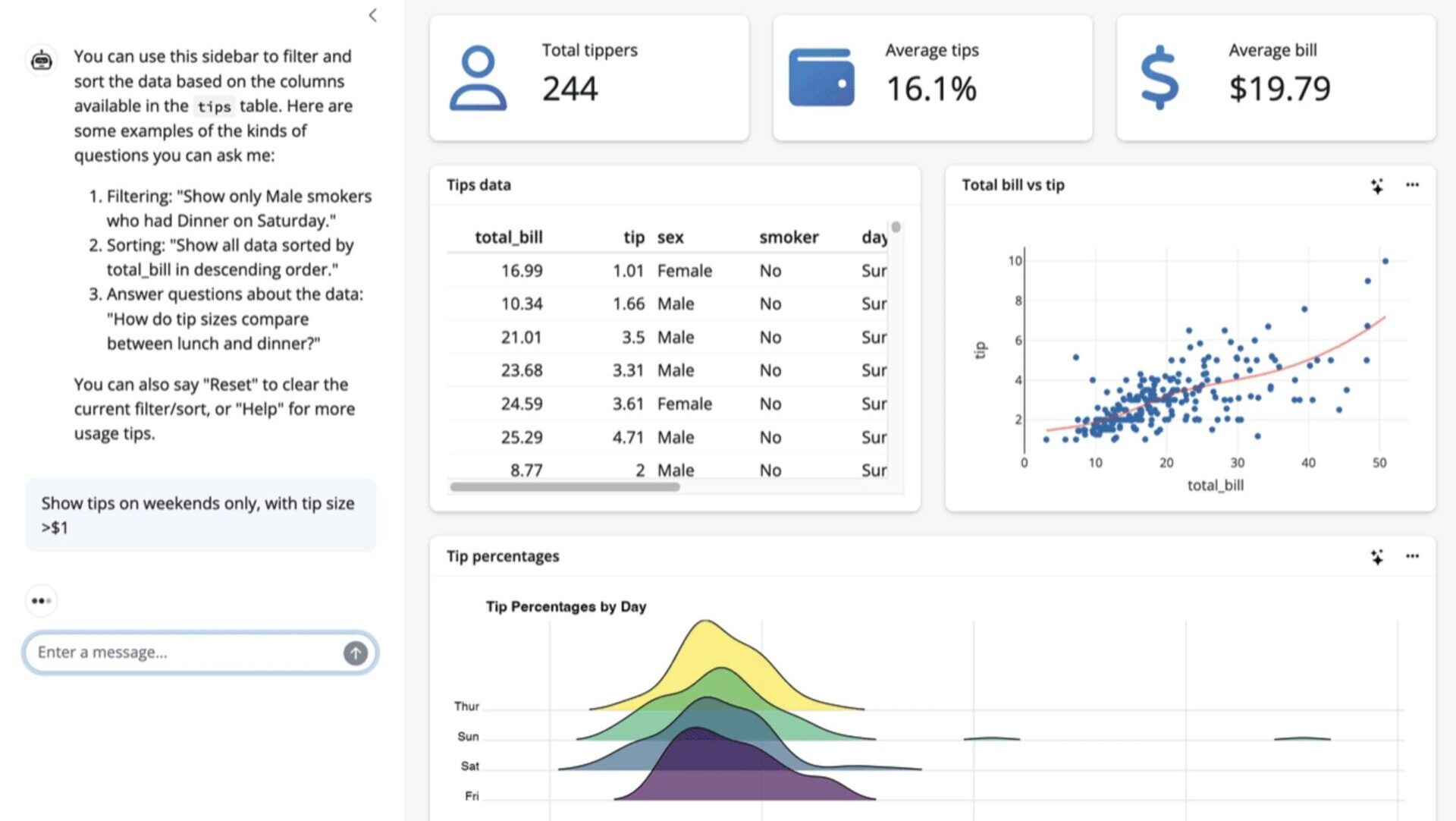Challenge: Manual audits for trade compliance
Biogen’s trade compliance team is responsible for ensuring that all imported shipments adhere to country-specific regulations, which was traditionally done by manual audit process by ensuring that all documentation—such as customs declarations and shipping invoices—matched internal Biogen systems. This posed several significant difficulties:
- Non-machine readable documents: The external documents were often scanned PDFs, multi-page, and not designed for machine readability, making automated data extraction nearly impossible prior to the advent of generative AI. Jay Timmerman adds, “Before Gen AI this was not really a tractable problem.” The core challenge lay in transforming scanned PDFs into a usable table format, enabling subsequent matching and logical operations, which is precisely where AI emerged as a crucial element of the solution.
- Dispersed multi-language information: Critical data points were often scattered across numerous pages of documents, and these documents were received in various languages, complicating the manual review process.
- High human effort and error risk: The manual data entry and verification was consuming considerable human effort and leading to potential mistakes. This reactive, labor-intensive approach limited the team’s ability to engage in more strategic work.
Solution: Expediting AI Tool Deployment with Posit Connect to Transform Scanned PDFs into Structured Data
To address these challenges, the trade compliance team spearheaded a collaborative effort with the AI Capability Team with a target goal of reducing compliance audit time by 50% (cutting the 1,000 hours a year performing audits down to 500).
Using a combination of Azure OpenAI models, Streamlit, and Posit Connect the team is now able to turn a scanned PDF into structured data with Optical Character Recognition. This innovation streamlines trade compliance by transforming data generation tasks into a verification role. Leads can now focus on strategic operations and outlier analysis, overseeing the system’s output rather than generating it.
What was once a limiting manual process, allowing audits of only 10% of customs entries, has been transformed. Through AI-powered automation enabled by Posit Connect, the team has successfully increased their audit coverage to 100%.





